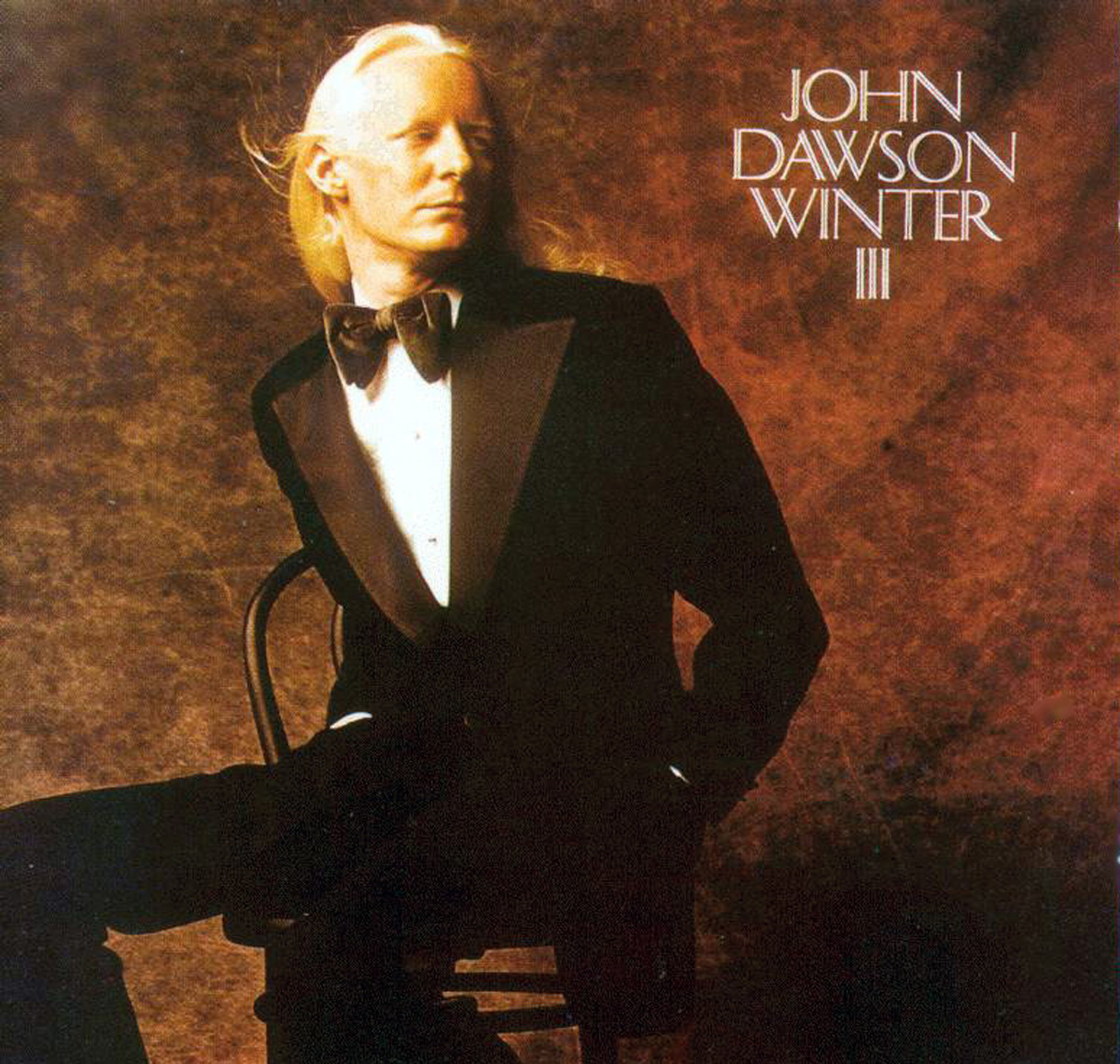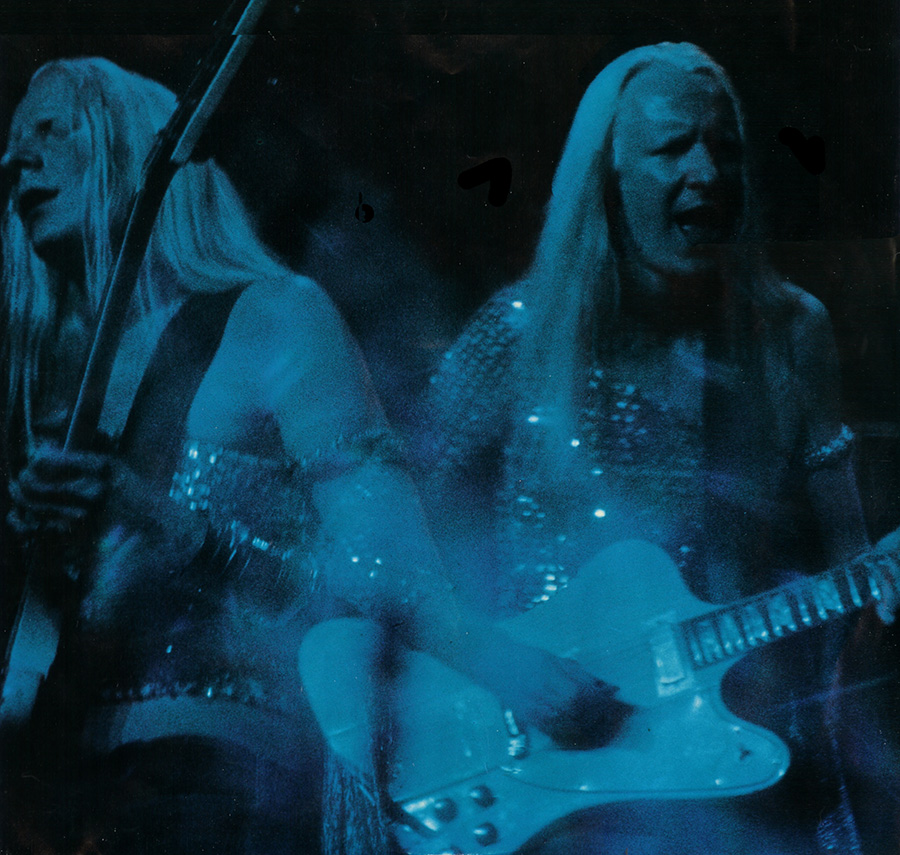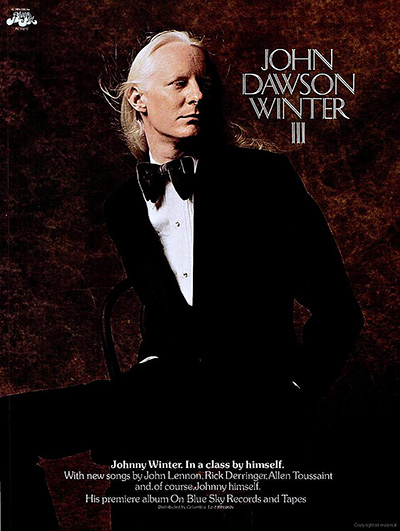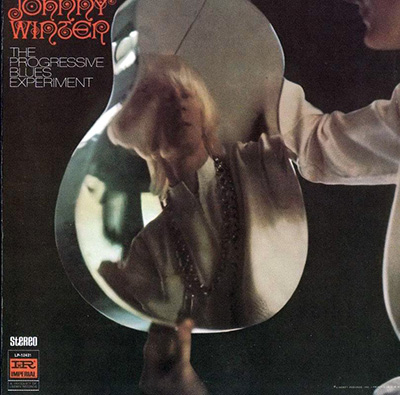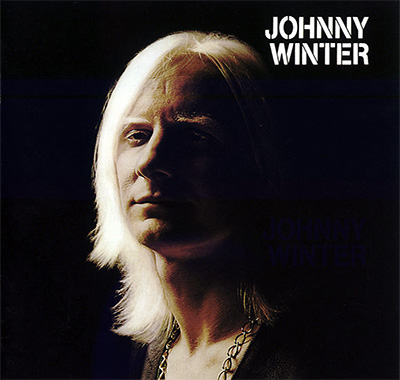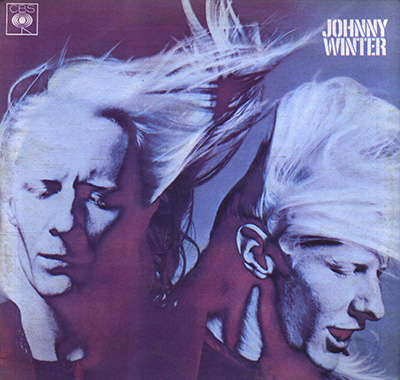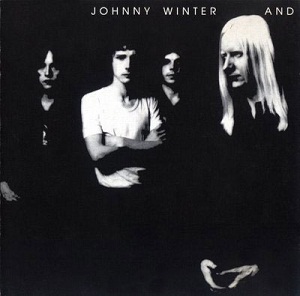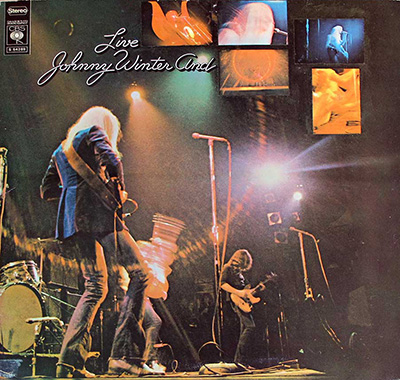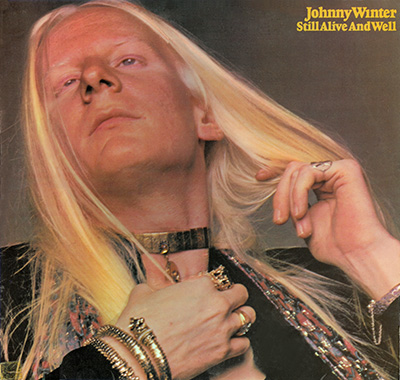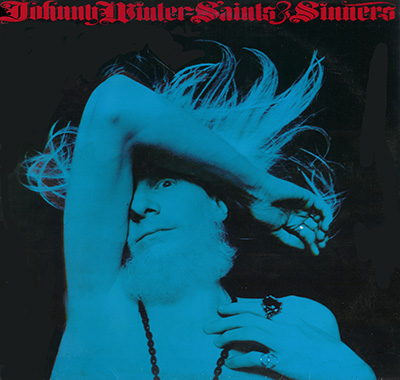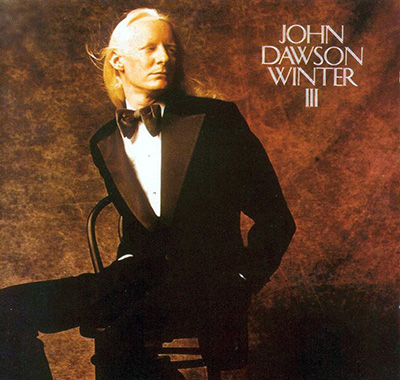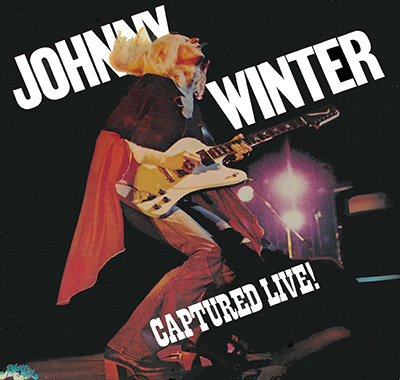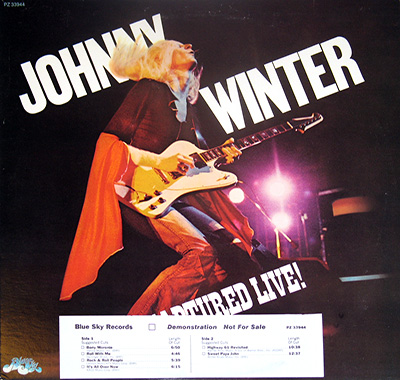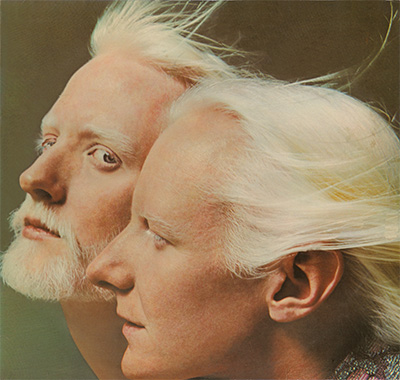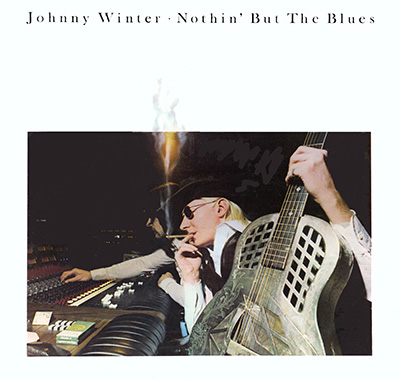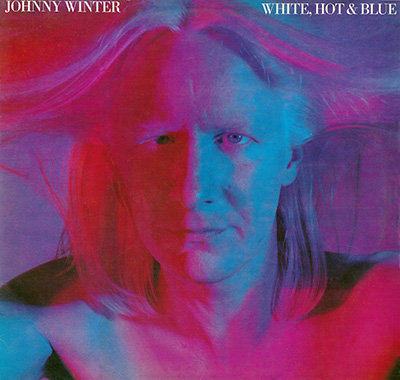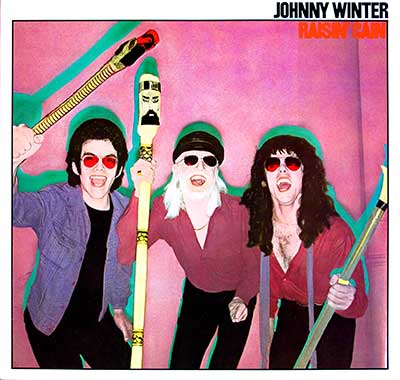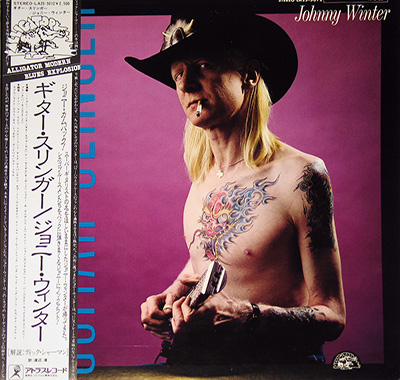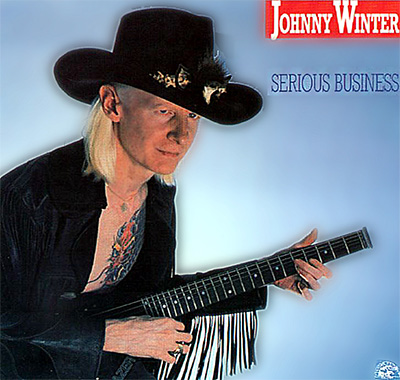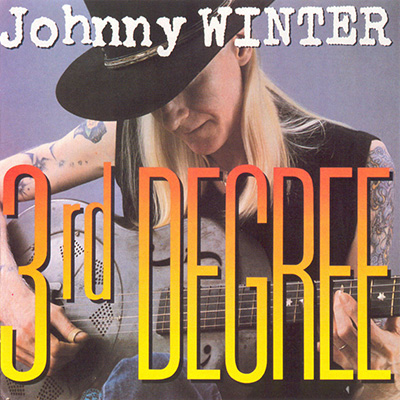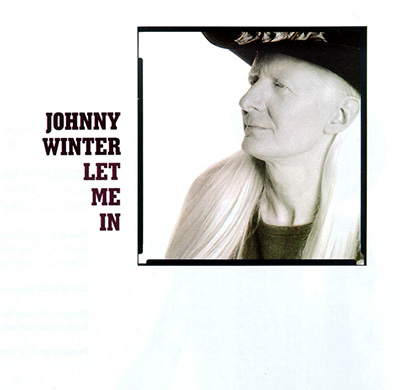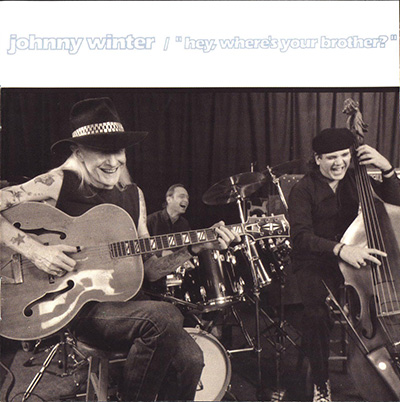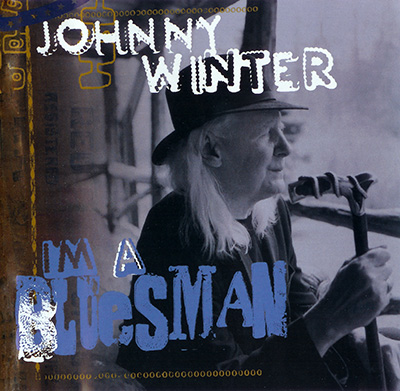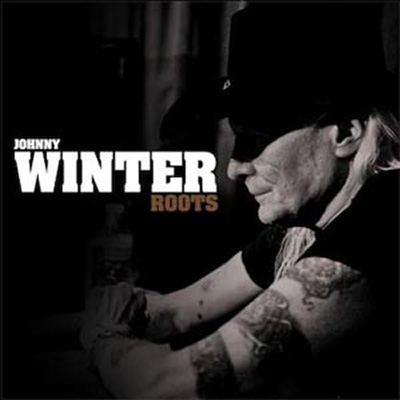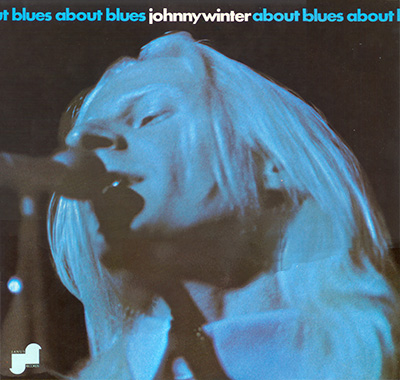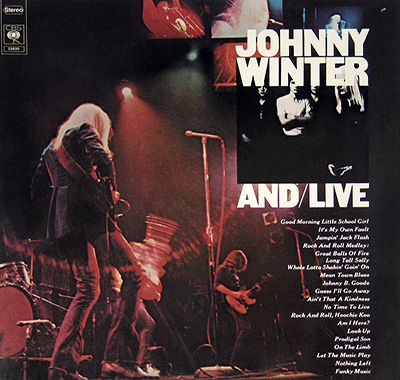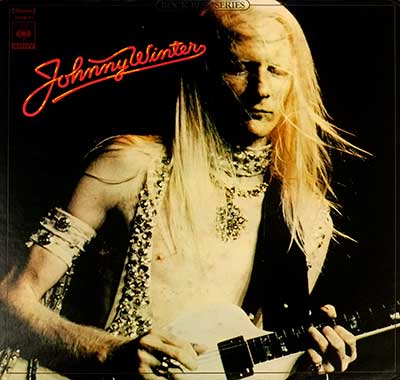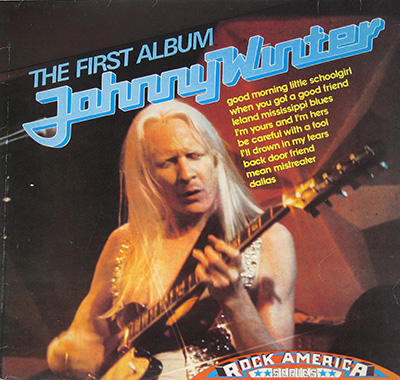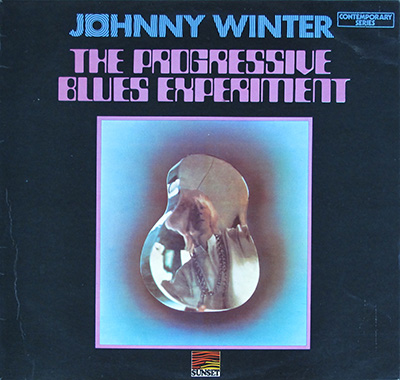Synopsis: As Johnny Winter gears up for his long-awaited European tour, he shares insights on rehearsing with his new band, crafting his upcoming album John Dawson Winter III, and the unique pressures of performing live. Reflecting on the changes in his music, Winter reveals his desire to transcend genre labels, balancing between rock, blues, and unexpected new directions. Despite fame’s difficulties, from fan encounters to the chaos of concert culture, Johnny remains focused on delivering music that resonates across generations.
Full Article:
JOHNNY WINTER was in a very good mood. He'd been rehearsing with his new band for the European trip, the new album was about to be mastered and, aside from the fact that he wasn't yet sure what he would wear onstage in England, everything was going smoothly.
Everything, that is, except this interview. One day the reporter was ill, another day the snarling New York traffic prevented our date with destiny — finally after several attempts, Johnny Winter and your reporter managed to converse.
Anyway, he was pretty excited about the trip to London. "I was supposed to have gone there twice before but both times something came up. I think this trip is going to be real nice. I was kinda worried at first because it was said over there that we were strange over there because the audiences were quieter and more subdued, but I didn't find it that way at all. They are exactly the same as American audiences if you do a good job and play good rock and roll, and if you played quiet music they would sit there and listen."
They don't toss as many firecrackers.
"No... that would be nice," he laughed. "You know, that never really happened at all until last year or so. It seems as though every concert that I've done, or every concert I've gone to, and it's not all the kids — it's just the beer and bottle-throwing crowd. After the first beer's thrown and the first bottle is broken nobody really gives a damn what goes on. If you aren't drunk you don't care. But all that fire-throwing and bottle-throwing stuff seems to happen when something really gets you worse and worse. At first it's a good thing, then they get all fired up because I was talking about — but my road manager told me if I change my act up, I could die or something. I'm not scared of anything that happens in life with that stuff.
"Like, when I throw it, I'll have to throw it back at you. But I'm afraid of that. Because it's really scary, you could get hurt real bad.
"We had a bottle thrown at the drums once and it put a dent in the drum set — you can imagine what would happen if that hit someone in the head."
"And when the spotlights are on you you can't see anybody. I don't think they really want to hurt you, they just want to show themselves. Maybe they are bored and sick of scratching and not to let into concerts with firecrackers. ... it's not the kids, it's the energy music that brings them back into the early 1950's when they all used to pan rock and roll because it had more energetic parts — good rock and roll."
"Like, we just want people to have a good time. Like a party and want to do anything when they get all keyed up, which makes people do things they don't want to do normally. I just consider it good-time music."
AS FAR as the new album is concerned, it's interesting. Johnny Winter has recorded other more songs for this reason album. Five of them. Three are pretty blues based, he says, some of them are blues/rock and some of them are blues the way he used to do it a long time ago.
"This album is really strange because it's got some of the really old Johnny Winter stuff that I haven't done in a long time and it's got some very different things that people are not going to expect at all. It's some of the songs I wrote: one of them is a country tune and western tune about myself called 'Love Song to Me' — just about how screwed my life is and write another really pretty ballad. And some of the tunes have really funky grooves which are more complicated things with horn arrangements and some real basic three-piece tunes. It's the whole extreme from the old Johnny Winter to the new. I don't know if you would call it the new Johnny Winter, but it's sure different.
"But I'm trying to get to the point of being beyond categorization, you know. People are always saying, well, what are you, what are you? Are you a rock and roll player or a blues player? And you're really — what you want to do? What direction do you want to go in? I want to go in every direction that I am capable of. I don't want to quit doing what I've been doing, like the show, and I don't want to feel confined. Whether if I do a song one day, a ballad, or a country song, or use a hundred piece orchestra or even weird disco boogie or you could think — 'Well, Johnny Winter is like that, that's not so much' but if you don't limit yourself to a form or direction. I just want to be able to please people in some way and have people accept the things that I do well."
THE ACTUAL recording part didn't take too long — but Johnny said he'd been working on the record for the last four months, writing three songs first, and then recording them — then doing some more songs and coming back into the Record Plant and recording them. "Usually our albums take us about two weeks to do," Johnny laughed, "because I hadn't been writing that many songs, we had been doing older things — like old rock and roll standards. It took a lot more time to try and be more creative this time."
The title will be "John Dawson Winter III," taking his real name. "I'm using that because we had fun. It's the picture of the country, the design sounds like a John Dawson Winter to the third."
How I feel about music, Winter continued, "because if you do a good record and give people a good time they will have a good record anyway because you get a good review and then you get a good hit and on to sell 100,000 copies. It's like your best five years if you're on top. It gets kind of scary when you can't create another hit after five years. But I'm lucky so I work on creating them, and I have to tell what they like right then. And you know when they're turned on, and that turns me on. It's harder in the studio, it doesn't build back the same.
"I like to listen to my albums again and again. ... but not my old ones; I might not listen to some of them for years and years, but I have to go home and listen to my albums all the time ..."
What he does listen to, he says, is a lot of old stuff; even from the thirties and the forties. ... "even the fifties and sixties. The last few years have been kind of barren musically as far as I'm concerned," he said. "I don't buy that much new stuff and don't listen to the radio much."
One of the songs on "John Dawson" will have a special John Lennon contribution. "I didn't ask John, really for anything. I think we said that he would play, he did it much. ... he will say — he had always been one of my favorites when he came up to Record Plant, and he was working on that and we said, yeah we do a demo of the song and I liked it so we did." It's called "Rock & Roll People" and it's kind of a cool studio.
Rick Derringer also wrote a song for this album with Winter, the last couple of days that we were in the studio. And they recorded it called "Slide Over Matter". We approached him for people for songs and management people listened to the songs. He was the selected song.
I asked him if there was anything that he hadn't done. Winter says he didn't have a secret fantasy about that. "Well, there are a lot of things that I'd like to do and one of them is to put out a record in the next two years.
"I'd like to record when I'm in the mood for it I'd like to go back and do an album of nothing but blues. I wouldn't like to do either of them right now, but sometimes to figure I'd like to do two of those things."
With Johnny on his European tour will be Randy Jo Hobbs on bass, Richard Hughes on drums, and Floyd Radford on rhythm guitar. (Floyd previously played with Tin House and White Trash ... it's all sort of in the Blue Sky/Silver Paul/Winter family). Winter said that was the way he was situating the player in the new group player, but actually we kept everything the same because I hadn't been doing what we couldn't do with the band. I hadn't seen him before and wasn't sure how they would mix. Radford is a different kind of style than Derringer and practised it and it just worked out very well. Plus Floyd is just a very tightly involved writer, which I do get involved in, and I feel he might roll out a songwriter eventually."
For guitar aficionados, Johnny takes two instruments with him when he travels, and they’re both the same kind — Gibson Firebirds. “I take one that I play all the time, and the other in case anything happens.
If it gets stolen, or a string breaks during the show I can just change it without wasting time. Once I get used to one guitar it’s really hard for me to play another one. I’ve been with this one for four years — probably won’t ever change.”
Do his fans get close to him at all? Lately he’s been out a lot in New York City at a variety of clubs and concerts. “It depends on where you go. Most clubs aren’t too bad, people are older, and they’ll come over and say ‘Hi, I like your music,’ and stuff like that. I just don’t go to places like teenage hangouts where the kids are fifteen and sixteen ... forget it. Or go to a concert and sit in the audience.
You really can’t talk to anybody because you get pencils shoved in your face or kids saying ‘can I have some hair? How about a finger?’ or ‘Is this the hand you play guitar with? I’ll take that.’ So I just don’t do that anymore. I try and stay away from places like that because you can’t really get close to the fans in that kind of a situation, or be friends with them.
“It’s too bad, I used to really try — you know, people would ask me ‘Do you think being big is going to change your head?’ and I was determined that I wouldn’t change, and I would go out and be the same as I was. But it’s just impossible. You can’t do that, and it’s too bad.
“But things aren’t the same. Things that were fun — just aren’t anymore. If you go to a concert and try to listen — you know, somebody you really want to hear — there’s people shoving pencils and papers at you from the time you come in until the time that you leave. Well, you don’t get to hear the band, so what’s the use of going? You really have to change your lifestyle and just not do some of the things that you used to like. That really bothered me at first, and I finally had to accept it.”
AS FAR as his image is concerned — the blues/freak/superstar discovered by Steve Paul in Texas and then all that bit with Kicking the Heroin Habit — Johnny would rather that, when he returns to England, people talk to him about Now. “I’m so tired of talking about all of that. I guess people over there will ask me about some of it, but I never tried to hide anything that was happening to me, any of the things I was going through. So I’m pretty sure that everyone over there knows what was going on. I guess I’d talk about it some, but I’d really rather talk about what’s going on now than things that are past. It’s hard to talk about something with any feeling after you’ve said it a thousand times.”
Original Source
